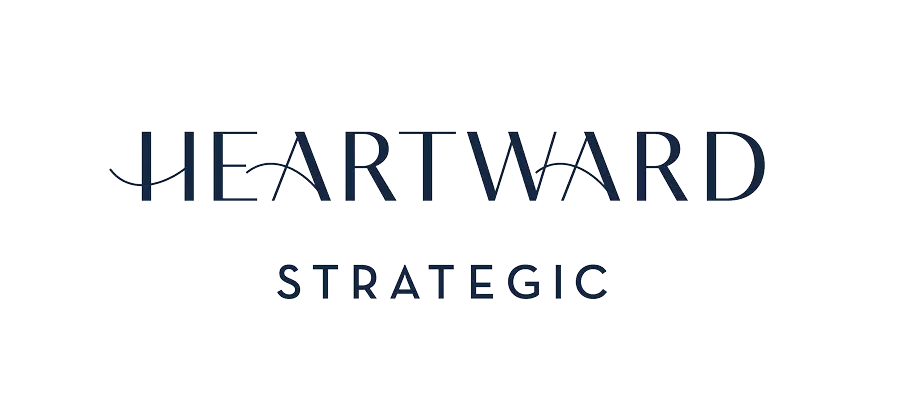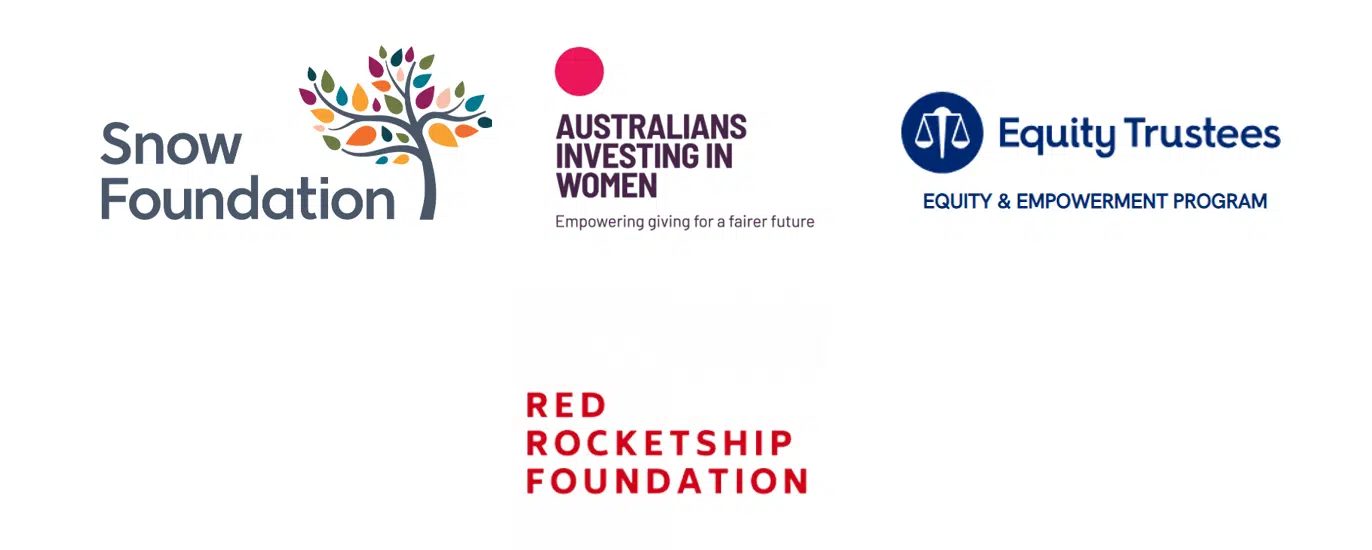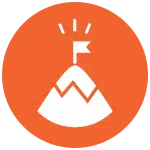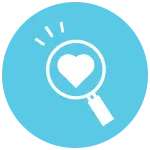Gender Compass Stage 2
The Gender Compass Stage 2 report and messaging guide launched April 4th. If you would like to request a copy of the full report and guide, please submit your details below and we will be in touch.
By signing, you consent to Plan International Australia contacting you regarding campaign progress and opportunities to support its impact work, including fundraising. You agree to Plan International Australia collecting and handling your personal information as per its Privacy Policy. For inquiries, email info@plan.org.au or call 13 75 26.
The state of gender equality in Australia
In Australia, women are still paid less for the same work, with a woman earning 77.2c for every $1 a man earns (Workplace Gender Equality Agency). And devastatingly, 1-in-3 women have experienced physical or sexual violence perpetrated by a man they know (Our Watch).
Discrimination, inequality and violence are all symptoms of harmful attitudes and societal norms. To overcome them, we must understand underlying attitudes and behaviours across Australian society.
The research gap on gender equality
Until now, there has been little research identifying how best to engage with the Australian public’s existing attitudes on gender equality. Gender Compass fills the fundamental knowledge gap around who we should be speaking to, what we should be speaking to them about and what they consider the biggest challenges blocking a gender-equal future.
As Plan International Australia, we brought together charities, academics and other stakeholders, to drive this research and transform how we engage Australians in conversations about gender equality.
A tool to inform gender advocacy
We’ll use Gender Compass to target specific audiences and develop recommendations on how to communicate with each group to shift their attitudes and mobilise them to take action.
This tool will be essential in helping to shift harmful attitudes against women. It has been shared publicly and freely for all to use.
This research is based on the groundbreaking ‘Climate Compass’ project Australia.
Acknowledgments
We especially want to thank our research partners, Heartward Strategic, and our research advisor, Dr Rebecca Huntley, for delivering such a robust analysis of how Australians perceive and engage with gender equality.
 |
 |
Stage 1 Steering Committee and Advisors
- ActionAid Australia
- Care Australia
- Equality Rights Alliance
- Fair Agenda
- International Women’s Development Agency (IWDA)
- Oxfam Australia
- The Global Institute for Women’s Leadership (GIWL)
- Women’s Leadership Institute Australia (WLIA)
- Women With Disabilities Australia (WWDA)
- Professor Rae Cooper AO, The University of Sydney
- Associate Professor Elizabeth Hill, The University of Sydney
- Associate Professor Ramona Vijeyarasa, Faculty of Law, University of Technology Sydney
Stage 2 Steering Committee and Advisors
- Australians Investing in Women
- Champions of Change Coalition
- Heartward Strategic
- Minderoo Foundation
- Oxfam
- Respect Victoria
- Trawalla Foundation
- 89 Degrees East
Gender Compass Stage 2 was proudly funded by








